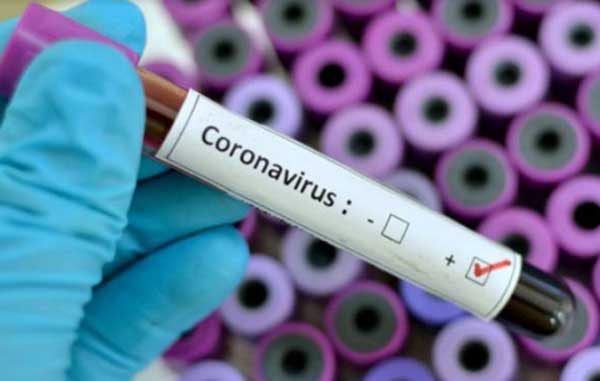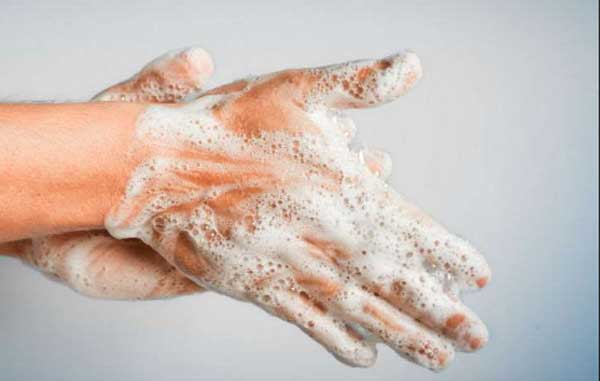REYNOSA, TAM.-
Desde que surgió el nuevo coronavirus una serie de mitos han circulado a través de diversas fuentes, favoreciendo la desinformación de las personas, por tal motivo, la Organización Mundial de la Salud (OMS) se ha encargado de aclarar los más comunes.
1.“Beber alcohol me protegerá del coronavirus y lo eliminará si ya lo tengo”.
FALSO. El consumo frecuente o excesivo de alcohol puede aumentar el riesgo de sufrir problemas de salud y no previene o cura el coronavirus.
2. “El Covid-19 no se presenta en climas cálidos”.
FALSO. Las pruebas científicas obtenidas hasta ahora indican que el virus del Covid-19 puede transmitirse en cualquier zona, incluidas las de clima cálido y húmedo.

3. “Los mosquitos pueden transmitir el coronavirus”.
FALSO. El nuevo coronavirus es un virus respiratorio que se propaga principalmente por contacto con una persona infectada a través de las gotículas respiratorias que se generan cuando la persona tose o estornuda. Hasta la fecha no hay información ni pruebas que indiquen que el Covid-19 pueda transmitirse por medio de mosquitos.
4. “Bañarse con agua caliente previene el contagio”.
FALSO. Hacer esto no proporciona ninguna protección.
5. “Un secador de manos o de cabello pueden matar el coronavirus”.
FALSO. Estos arterfactos no eliminan el virus del Covid-19, para protegerse debe lavarse las manos con agua y jabón, y secarlas con toallas de papel.
6. “El virus puede matarse rociando todo el cuerpo con cloro o alcohol”.
FALSO. Hacer esto no mata el virus que ha entrado en el organismo y ambas sustancias pueden dañar la ropa y afectar los ojos, boca y nariz.
7. “Comer ajo puede prevenir el contagio de coronavirus.
FALSO. A pesar de que el ajo es un antimicrobioano natural, hasta el momento no hay evidencia que demuestre que puede ayudar a evitar la enfermedad.
8. “El coronavirus es una enfermedad de viejitos”.
FALSO. El nuevo coronavirus es una enfermedad que afecta a personas de todas las edades, sin embargo, puede ser mortal para adultos mayores que padecen asma, diabetes o enfermedades cardíacas.
9. “Con antibióticos se puede tratar el Covid-19”.
FALSO. Los antibióticos son eficaces contra las bacterias pero no contra los virus.
10. “Enjuagarse la nariz constantemente con una solución salina me mantendrá protegido”.
FALSO.
……..
10 myths of the Coronavirus
REYNOSA, TAM.-
Since the new coronavirus emerged, a series of myths have circulated through various sources, favoring the disinformation of people, for this reason, the World Health Organization (WHO) has been in charge of clarifying the most common.
By Beatriz Flores
1. “Drinking alcohol will protect me from the coronavirus and will eliminate it if I already have it”.
FALSE. Frequent or excessive alcohol consumption can increase the risk of health problems and does not prevent or cure the coronavirus.
2.“COVID-19 does not occur in hot climates”.
FALSE. The scientific evidence obtained so far indicates that the COVID-19 virus can be transmitted anywhere, including in hot and humid climates.
3.“Mosquitoes can transmit the coronavirus”.
FALSE. The new coronavirus is a respiratory virus that is spread mainly by contact with an infected person through respiratory droplets that are generated when the person coughs or sneezes. To date, there is no information or evidence that COVID-19 can be transmitted by mosquitoes.
4.“Bathing in hot water prevents contagion”.
FALSE. Doing this does not provide any protection.
5. “A hand or hairdryer can kill the coronavirus”.
FALSE. These artifacts do not eliminate the COVID-19 virus, for the protection you should wash your hands with soap and water, and dry them with paper towels.
6.“The virus can be killed by spraying the entire body with chlorine or alcohol”.
FALSE. Doing this does not kill the virus that has entered the body and both substances can damage clothing and affect the eyes, mouth, and nose.
7.“Eating garlic can prevent the spread of coronavirus”.
FALSE. Even though garlic is a natural antimicrobial, so far there is no evidence to show that it can help prevent the disease.
8.“Coronavirus is a disease of old people”.
FALSE. The new coronavirus is a disease that affects people of all ages, however, it can be fatal for older adults with asthma, diabetes, or heart disease.
9.“You can treat COVID-19 with antibiotics”.
FALSE. Antibiotics are effective against bacteria but not against viruses.
10.“Constantly rinsing your nose with saline will keep me protected”.
FALSE.


